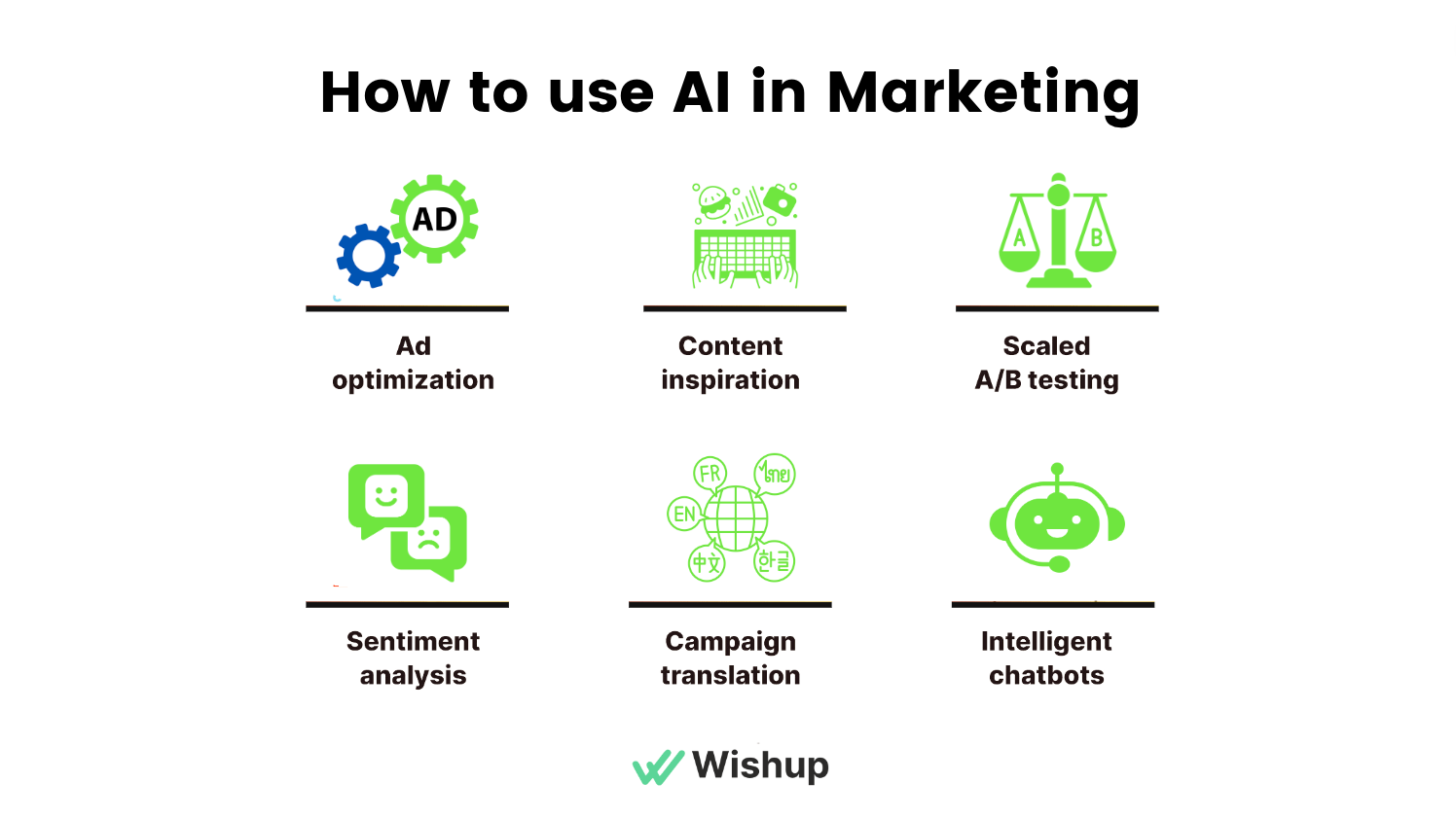
Voice is no longer just a medium—it’s a marketing channel. From Alexa and Siri to Google Assistant and Bixby, AI Voice Assistants Marketing is transforming how brands build identity, trust, and loyalty. At DigiSwarm, the best digital marketing agency known for future-ready strategies, we’ve seen how brands that integrate with voice platforms are getting closer to consumers—literally in their homes, cars, and pockets.
What is AI Voice Assistants Marketing?
AI Voice Assistants Marketing refers to the strategic use of voice-activated technologies to promote brand messaging, offer services, answer queries, and build customer relationships. Unlike traditional search or display ads, voice interactions are conversational, immediate, and intimate.
Examples include:
-
Optimising for voice search (“Hey Google, what’s the best shampoo for dry hair?”)
-
Branded skills or actions (e.g., Alexa skills for recipes, fitness tips, or product info)
-
Voice commerce (hands-free purchasing)
-
Voice-based customer service or support
-
Smart speaker ads and brand-sponsored content
The goal of AI Voice Assistants Marketing is not just visibility, but brand integration into daily life.
Why Voice Marketing is Essential for Branding
Here’s why AI Voice Assistants Marketing is critical for brand building in 2025:
-
High adoption: Over 70% of households now use voice assistants regularly.
-
Intimate engagement: Speaking to a brand feels more personal than clicking.
-
Search disruption: Voice search now drives a significant portion of queries.
-
Brand recall: A unique voice interaction creates lasting impressions.
-
Hands-free convenience: Useful in kitchens, cars, or while multitasking.
At DigiSwarm, we help brands leverage AI Voice Assistants Marketing to create not just awareness, but affinity.
How Brands Are Using AI Voice Assistancts in Marketing
Here are the top applications of AI Voice Assistants Marketing:
1. Voice Search Optimisation
Brands are updating their SEO to match voice queries, which are longer and more conversational. Instead of “best shoes India,” people ask, “What are the best running shoes for flat feet under ₹5000?”
2. Branded Voice Apps
Companies are building Alexa Skills or Google Actions that offer value—like guided meditations, DIY tutorials, or expert advice—branded with their tone and values.
3. Voice Commerce
With smart speakers now supporting transactions, users can order groceries, book appointments, or restock items—all with a simple voice command.
4. Interactive Audio Ads
Platforms like Spotify and Amazon Music are enabling voice-enabled ads where users can respond to prompts (“Want 20% off? Just say ‘Yes’”).
These approaches in AI Voice Assistants Marketing create frictionless, engaging touchpoints with the brand.
Real-World Case Study: AI Voice Branding by DigiSwarm
A premium tea brand partnered with DigiSwarm to explore AI Voice Assistants Marketing. We developed a branded Alexa skill offering:
-
Tea recipes and brewing techniques
-
Personalised recommendations based on taste preferences
-
Voice reminders for reordering
Results after 60 days:
-
12,000+ unique interactions via voice
-
21% increase in repeat orders via Alexa
-
4.5-star average user rating on the skill
Voice became not just a channel, but a signature part of the brand’s experience.
Tips to Get Started with AI Voice Assistants Marketing
-
Start with FAQs: Use customer questions to build voice-ready content.
-
Use schema markup: It helps Google Assistant find your content.
-
Design a voice persona: Humanise your brand with tone and personality.
-
Build branded skills/actions: Think utility + branding.
-
Measure engagement: Track usage, retention, and responses.
At DigiSwarm, we design complete AI Voice Assistants Marketing frameworks—from keyword research to UX scripting.

Common Mistakes in Voice Marketing
-
Overcomplicating interactions
-
Lack of follow-up experience (e.g., no visual backup or CTA)
-
Not updating content regularly
-
Using robotic, lifeless language
-
Ignoring multilingual support
AI Voice Assistants Marketing is most effective when it mirrors natural conversation and user intent.
Outdated But Useful Resources
Though slightly dated, these still offer foundational value:
-
Amazon Alexa Skills Development Docs (2020)
-
Voicebot.ai Industry Reports (2021)
DigiSwarm builds on these basics with 2025 innovations in AI Voice Assistants Marketing.
The Future of AI Voice Assistants Marketing
In the coming years, expect:
-
AI-generated dynamic voice responses personalised in real time
-
Voice NFTs and tokenised voice content
-
Cross-device syncing (starting a voice task on one device and finishing on another)
-
Voice + visual integration via smart displays
-
Emotion-aware voice tech adjusts tone based on user mood
DigiSwarm is already piloting voice-driven sales funnels and support bots for next-gen AI Voice Assistants Marketing campaigns.
Conclusion
AI Voice Assistants Marketing is no longer futuristic—it’s foundational. As voice becomes a dominant interface, brands must find their tone, script their experience, and be discoverable in spoken searches. At DigiSwarm, the best digital marketing agency, we help brands harness the full potential of AI Voice Assistants Marketing—turning commands into conversations, and interactions into loyalty. Want your brand to speak directly to the future? Let’s voice it into existence.
